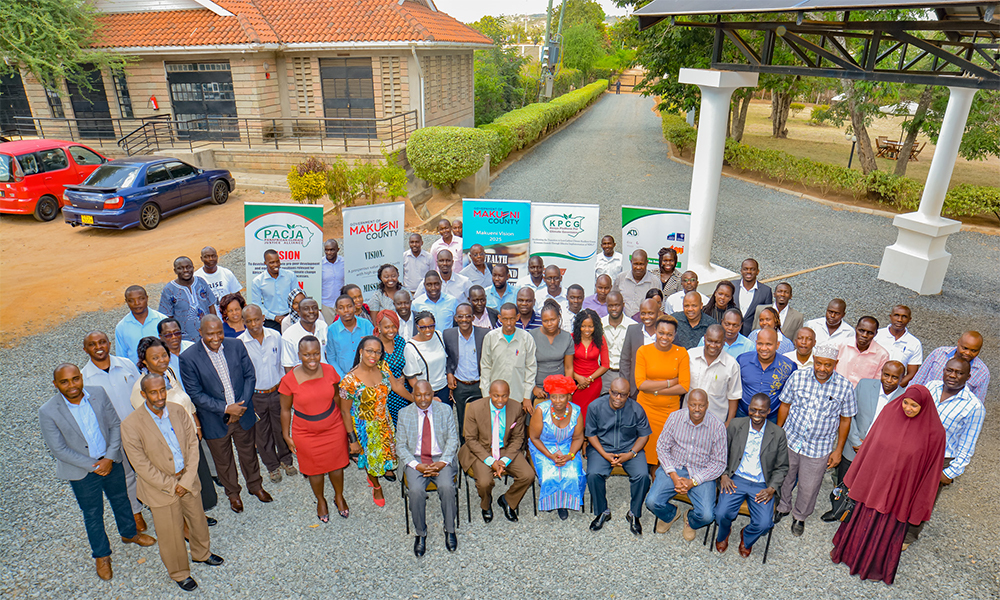Adapting to climate change is a vital part of protecting progress towards the Sustainable Development Goals. Climate hazards and risks are already increasing in frequency and severity under current levels of climatic change with significant impacts on infrastructure, livelihoods, and human and ecosystem health. As global temperatures increase further, the serious and repeated disruption to human societies will require urgent adaptation in the coming decade at a scale and urgency not seen so far.
Adaptation action occurs at the intersection of international finance institutions, multilateral agreements and commitments, national ministries, communities of technical experts, development agencies and local community leaders. Despite the growing importance of adapting to climate risks, the complex nature of adaptation processes occurring across these actors and spaces has not been well understood in current scholarship. This programme will build on fragmented bodies of work across Geography, International Relations and Science and Technology Studies to build this theory and through this analysis will advance debates on knowledge practices and decision-making.
This programme aims to use adaptation measurement systems to open a research frontier on the interactions between local, national and international decision-making cultures, values and tools that occur as countries adapt to the impacts of climate change under conditions of policy urgency, exploring how these interactions shape adaptation action and possible development futures. The project is implemented through a partnership between the University College London, the Africa Research and Impact Network and Practical Action:
The specific objectives are to:
- define and lead an international programme of frontier research through analysis of the development and application of adaptation measurement systems as trans-scalar social and political processes.
- advance theory and address the gap in the literature through bringing together Geography, International Relations and Science and Technology Studies to open and advance debates on: a) the role of metrics and knowledge production in local and national adaptation processes; b)the role of knowledge practices in the global governance of adaptation; c) the relationship between the interaction of knowledge practices and decision-making at different scales.
- coproduce new approaches for accountability in climate adaptation, bringing together diverse stakeholders in targeted policy and learning networks to influence international and national policy processes and climate funds, and define further research directions;
- establish and lead an open community of practice of academics and practitioners to support capacity strengthening, learning, and inspire further research and policy advances beyond the research programme.

